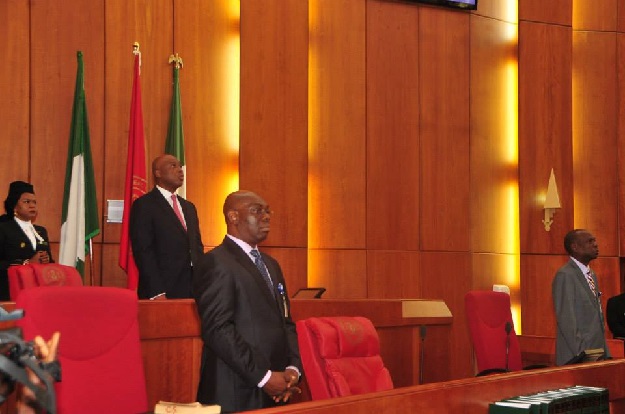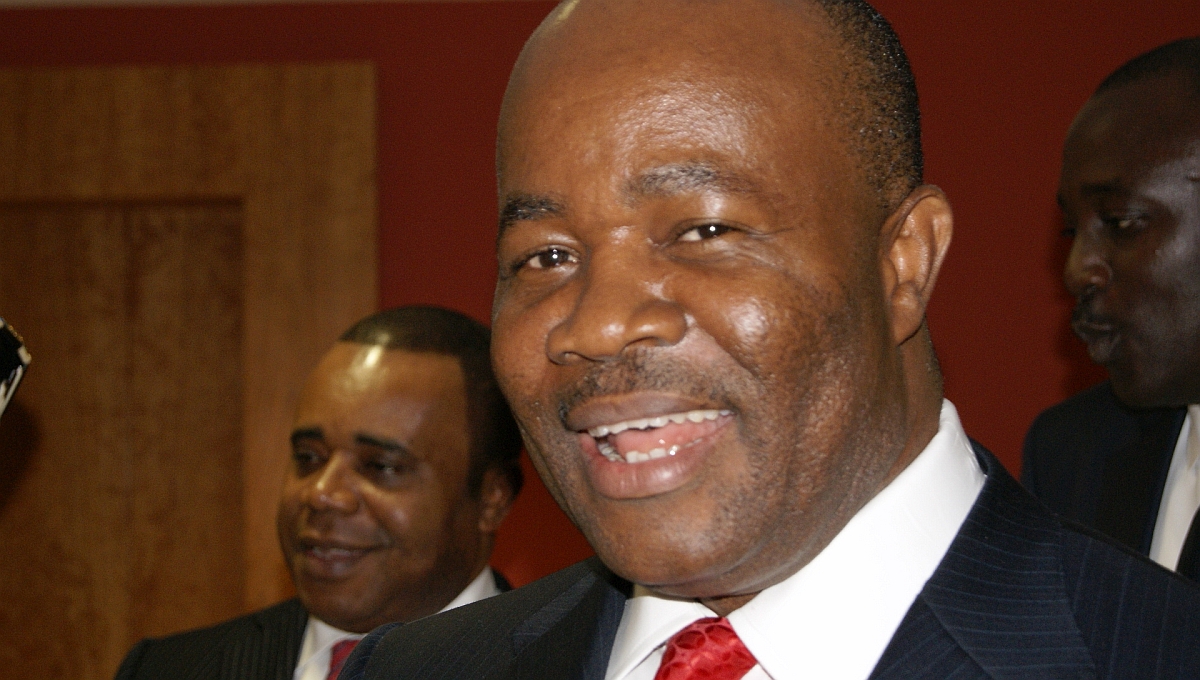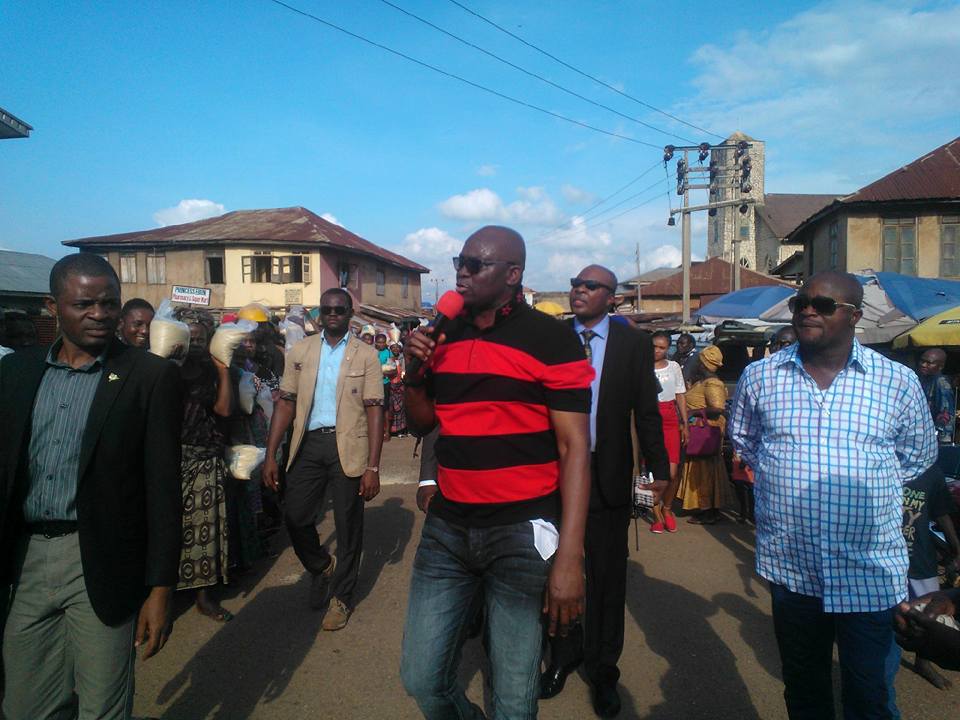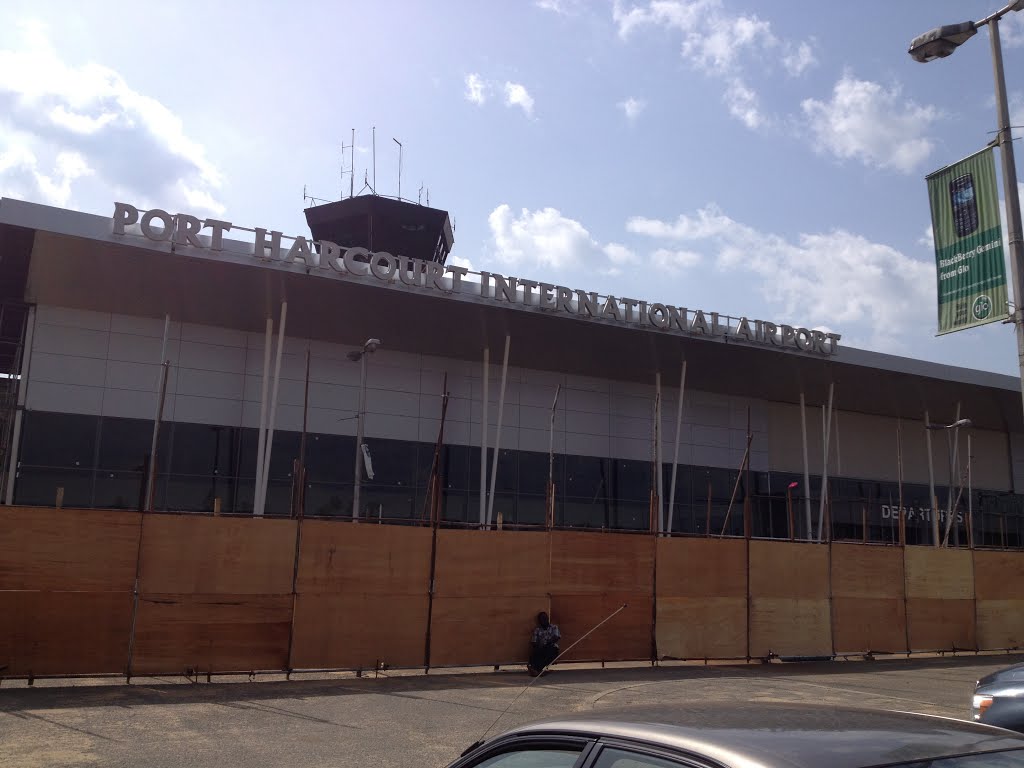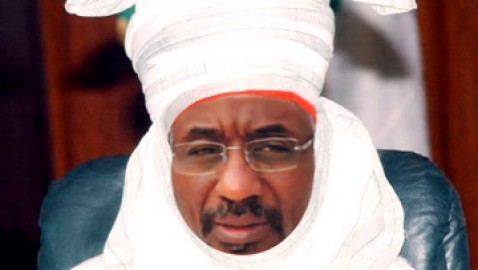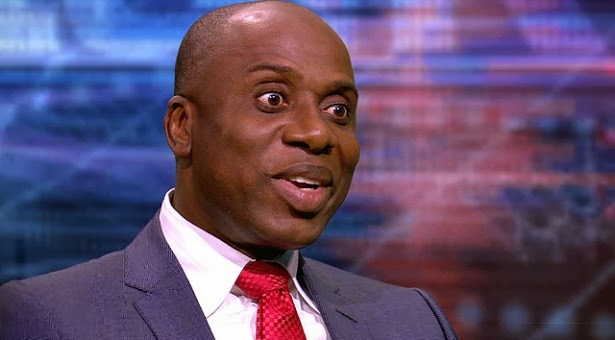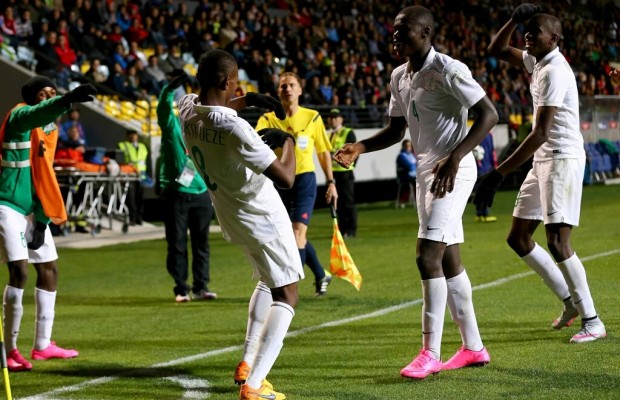Interesting stuff. When the National Assembly was about to be inaugurated in 1999, some shadowy figures took money to the lawmakers to influence the leadership elections. A “principled” senator from the south-west turned down the N150,000 offered to him through a fellow senator who acted as the middleman. Some days later, the “principled” senator turned down another N200,000, which was intended for the confirmation of ministers. His colleagues then decided to leave him out of the loop. But he soon stumbled on another sharing session in another room at the Hilton hotel. This time, it was N350,000. Our dear senator finally decided to eat his share of the national cake.
“Take it to my room,” he said, repentantly. And having realised how much he had missed on two occasions, he quickly asked for the arrears: “And the other one… and the other one.”
Have you ever heard about Okafor’s Law? It is the law of “repeatable” action: if you have done something once, you can do it again. If you have been somewhere before, you can go there again. This is because you have crossed the Rubicon. Although it is often mischievously applied to boy-girl relationships, Okafor’s law is a principle of life. If you collect bribe once, you can collect bribe again. If you drive against one way once, you can do it again. If you beat traffic light once, you can beat it again. In other words, having crossed the boundary, you can cross it again. Once you set off on a note, you are in position to continue with it.
As the senate started screening President Muhammadu Buhari’s ministerial nominees on Tuesday, Okafor’s Law came to mind. Are we going to start on a wrong note again? I was in Abuja, expecting to hear rumours of Ghana-Must-Go (GMG) bags being moved around to facilitate the confirmation. I waited in vain. I am not saying for sure that nothing exchanged hands, or that no promises were made. However, to the best of my knowledge, GMG was not deployed. Buhari’s body language is unmistakable. Who would dare offer confirmation bribe? Who would dare be the middleman? Who would dare collect it? It is now a risky adventure. I left Abuja in high spirits.
Advertisement
Now, let’s compare and contrast. President Olusegun Obasanjo came to power on May 29, 1999 with the promise of building a new Nigeria, of changing our orientation, of creating a transparent society, of wrestling corruption to the ground, and so on and so forth. I loved him to pieces. I believed in him. A few days later, it was time to elect the senate president. The clear choice of the PDP senators-elect was Dr. Chuba Okadigbo. But we were told Obasanjo did not want him, so a lot happened on the eve of the inauguration of the National Assembly. Let’s just say Obasanjo had his way by hook and crook.
Unfortunately, once we took off on that cash-and-carry note, it became a culture at the National Assembly. Okafor’s Law simply set in. From that moment, ministerial confirmation, passage of bills, appropriation of budgets, public hearings, change of leadership and “oversight” functions became a matter of naira and kobo — and later on, dollars and more dollars. From the initial price of as little as N150,000 for ministerial confirmation in 1999, it rose to N50m in 2003. We started discussing billions thereafter. It had nothing to do with geo-political zones, ethnic affiliation, party membership or gender. No. Nigerian politicians are blood brothers and sisters when it comes to “sharing”.
Every day, I see parallels between Obasanjo and Buhari. Both were soldiers. Both were military dictators. Both won democratic, national mandates to be president. Both were faced with similar challenges of a failing economy and moral decadence. Their commitment to duty is unquestionable. Obasanjo, in particular, always worked round the clock. Yet the two men are so different — and I am not talking about their looks. Obasanjo is, clearly, intellectually ahead of Buhari. He also, evidently, has a broader worldview than Buhari. Obasanjo’s nationalism, even at the risk of being ostracised by his Yoruba kith and kin, was remarkable.
Advertisement
But Buhari manifestly has greater moral character than his former boss. No matter your nationalism, intellectual ability and work rate, your moral character is most critical — and that, in my opinion, is what Nigeria needs the most to be transformed. Buhari and Obasanjo have never been on the same pedestal in terms of character. Obasanjo easily lost the moral authority to inspire a new Nigeria when he was president. His government took off on a shaky note in 1999. His attempts at redemption during his second term were again rubbished by the invasion of National Assembly by GMGs in the wake of the third term saga. Personal example is key to moral transformation.
Corruption is a virus that has compromised the health of Nigeria. Buhari has a golden opportunity to install the anti-virus and reboot the system. He has the mistakes of Obasanjo to learn from. He has the street appeal to keep him in check. He has the moral authority to inspire new thinking. So far, I would say it is going well. He did not want Bukola Saraki as senate president but we never heard that GMGs were deployed to stop Saraki. He nominated some controversial figures as ministers but he has not intervened with bags of dollars to get them confirmed by hook and crook. I am lovin’ it, to borrow MacDonald’s pay-off.
Will Okafor’s Law now apply positively to the National Assembly since we have started on a GMG-free note? Let’s hope so. Budget defence used to be the height of perfidy. Some committees would take rooms at hotels, far away from the National Assembly complex, and invite contractors — not ministries, departments or agencies — to come and “defend” the amounts allocated to their projects. They would ask for “settlement in advance” to enable them make “good” provision for the projects. Any contractor who did not play ball was scandalised and the budget ridiculously sliced. Impunity was the rule. I hope this will not happen without repercussions under Buhari’s watch.
The conspiracy to steal and waste our oil wealth was unimaginable. Some lawmakers were offering to jack up budgetary allocations on the precondition that a ministry or agency would bring some hefty sums in advance. The head of an agency complained to me sometime in 2011: “The committee chairman told me they would add N25 billion to my budget if I agreed to give them N2 billion cash in advance.” That is why a president would send a budget of N1 trillion to the National Assembly and by the time the lawmakers are done with “budget defence”, it would end up as N1.4 trillion. The perfidy is heartbreaking. That is why Nigeria is like this.
Advertisement
Do I need to talk about those “oversight” functions? It is all about the money. Any minister or head of agency who does not play ball is given a hard time by the oversight committee. Probes are instituted at the slightest opportunity. Committee members will ask an agency to foot the bill for a public hearing — even when this is already provided for in the National Assembly budget. So the money comes out twice. Committee members want to travel abroad for a “conference” (probably a sex party in Dubai) and, in addition to the official allowances from the National Assembly, they will collect allowances from agencies they are supervising. Lord have mercy.
Am I suggesting that corruption is limited to the National Assembly? Not by any chance. In fact, imagine what goes on at the state and council levels. It is humongous. Imagine what goes on at MDAs. It is murderous. But Buhari’s journey with the National Assembly so far is encouraging. The president will still have to deal with the crooks in his cabinet. A couple of these guys are not fit to be ministers, but I am hoping they will play into Buhari’s hands and end up disgraced and prosecuted. That would be a good signal that we are in a new Nigeria. Once Buhari fires a minister for corruption, he can fire another one. I love Okafor’s Law. And I mean its constructive, positive application.
AND FOUR OTHER THINGS…
NATIONAL CARRIER
What is this talk about Nigeria setting up a new national carrier? Some joke? Are we going forward or dancing backward? We have long chosen the path of private ownership and I just cannot understand the logic behind going back to what has been tested and which clearly ended up as disaster. I have heard arguments about Ethiopian Airlines and South African Airways — two government-owned carriers that seem to be doing well. But why is nobody talking about our own Nigerian Airways? How well did it work? Will the federal government, by the same logic, set up another NITEL? Ridiculous.
Advertisement
MINISTERIAL CONFIRMATION
Am I the only one who is not excited by the ongoing screening of ministerial nominees by the National Assembly? With President Buhari failing to attach portfolios to the nominees, the senators went on and on asking them questions that may be of no relevance at the end of the day. Asking every doctor questions on the health sector, or every retired general questions about defence, is bemusing. I even believe some senators asked questions based on a fake list of portfolios being circulated. I am very amazed that Buhari continued the tradition of nominating ministers without assigning portfolios. Disappointing.
Advertisement
BONUS POINT
That I am a fan of Mr. Babatunde Fashola in spite of his obvious shortcomings is something I’ve never hidden. The former governor of Lagos state won a bonus point in my books at his ministerial confirmation appearance on Wednesday when he was asked questions on his ill-conceived “internal deportation” policy of 2013. Rather than tow the typical Nigerian leaders’ line of “no regrets”, he tried to explain his motive and apologised yet again for the furore caused by the policy. Nigerian leaders don’t apologise, so how can you stop me from appreciating someone who toes a different line? Inspiring.
Advertisement
PAPA CLARK
I hope Buhari heard what EK Clark said about former President Goodluck Jonathan recently? The exponent of “nothing must happen to our son” took Jonathan to the cleaners, accusing him of being a weak leader who couldn’t fight corruption. To hear that damning verdict from Clark, who nearly set Nigeria on fire with his tongue when Jonathan was in power, is indeed amazing. Buhari too should be careful with some of the emergency supporters he is getting today. Human beings are too fickle. They lick your hand when it has yoghurt and turn against you when it has maggot. Duplicitous.
Advertisement

